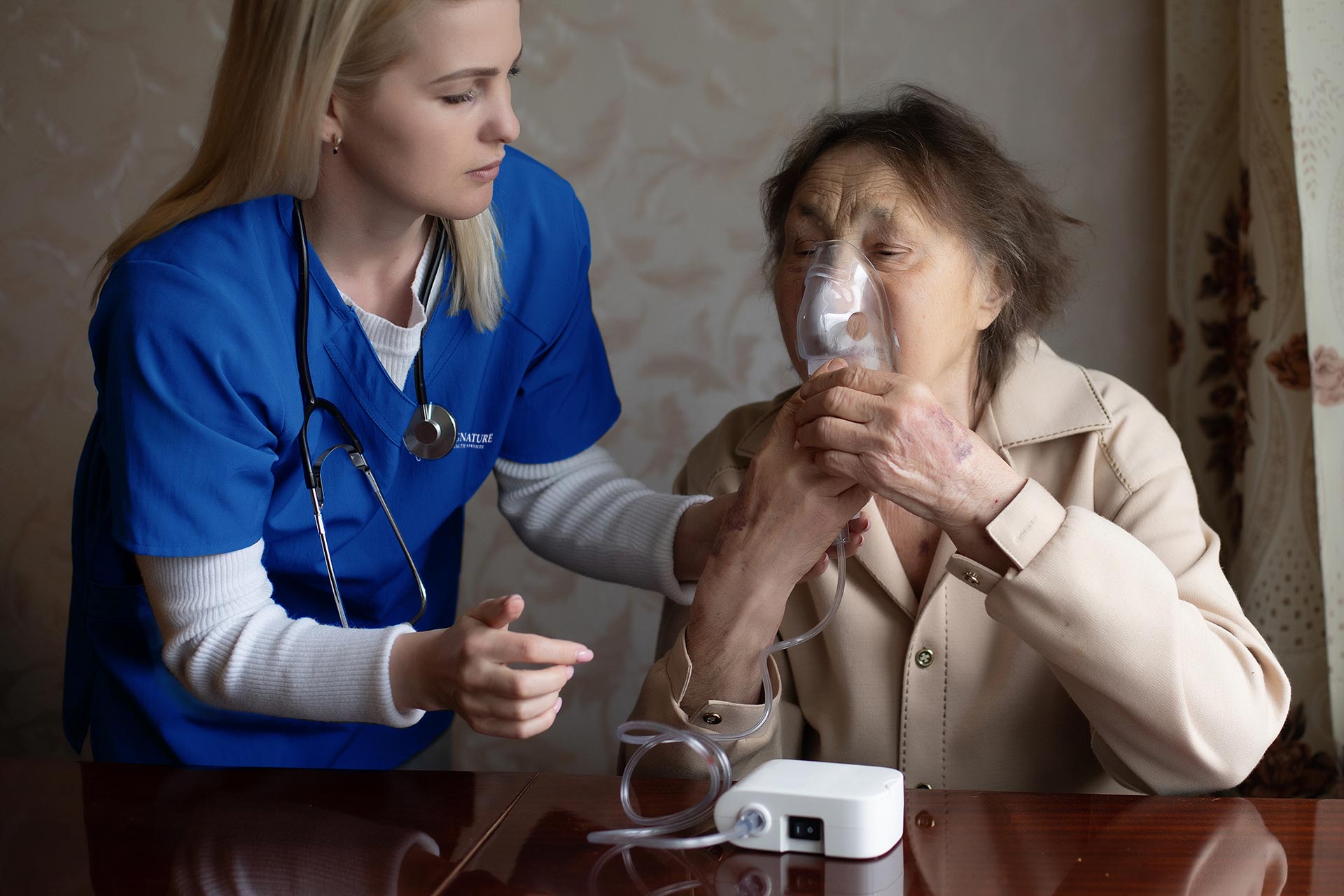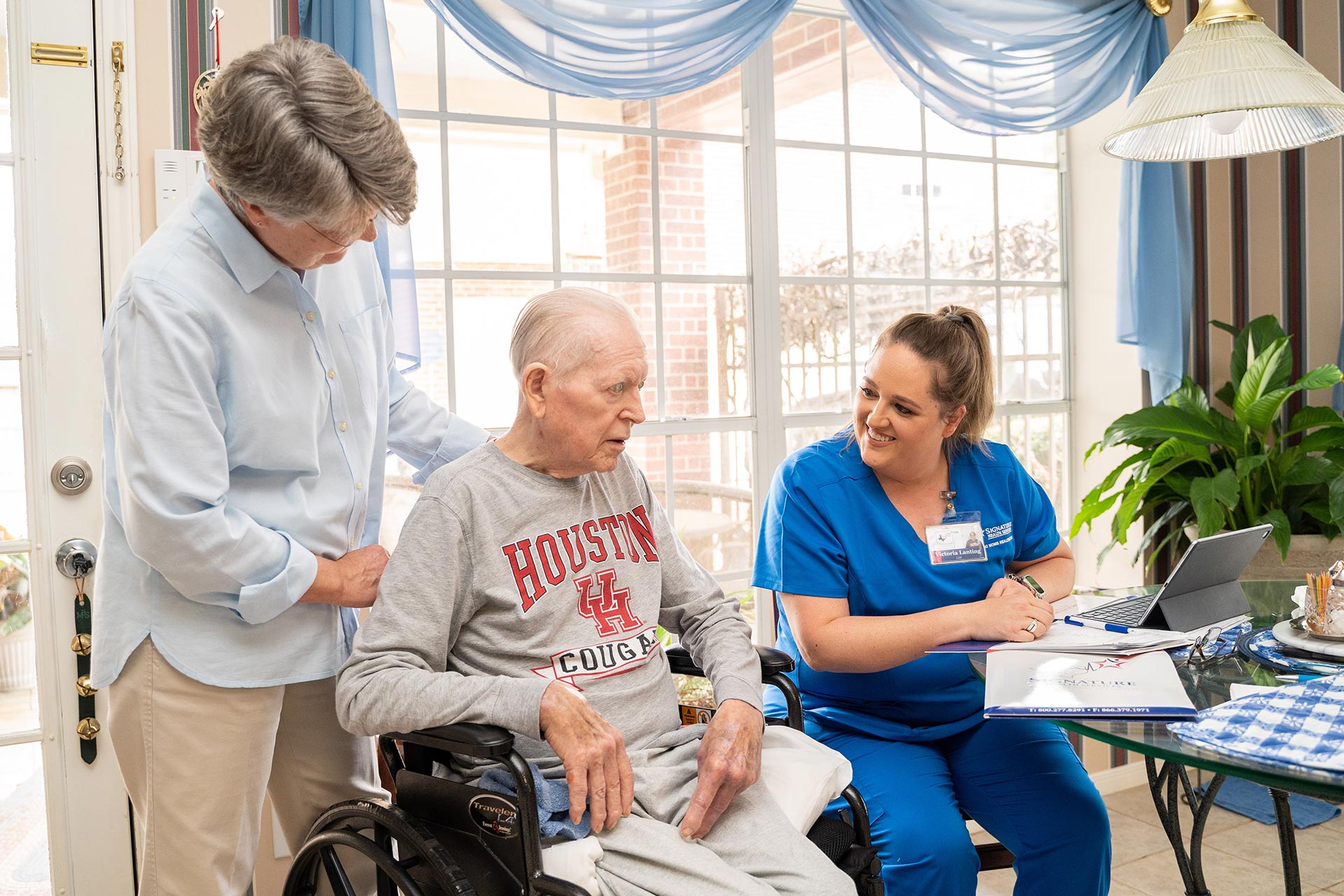Cancer is still considered one of the most formidable challenges in modern medicine, with millions of people affected globally each year. In the United States alone, the statistics are stunning, with an estimated 1.9 million new cancer cases expected to be diagnosed this year. Among these, Texas—particularly the Houston area—has been a focal point for research and treatment, making it an ideal region to explore comprehensive cancer care.
A Basic Understanding of Cancer
Cancer is a disease characterized by the uncontrolled growth and spread of abnormal cells. If left unchecked, it can prove to be fatal. The most prevalent types of cancer in the United States include lung, breast, prostate, and colorectal cancer.
Most Prevalent Types of Cancer
Risk Factors for Cancer
Many factors can increase the likelihood of developing cancer, including:

Treatments and Care Options
The Importance of Comprehensive Oncology
Comprehensive cancer care involves addressing the physical, emotional, and psychological requirements of patients throughout their cancer journey. This patient-centered approach strives to consider all aspects of a patient’s health, from diagnosis through treatment and beyond. According to the American Cancer Society, an estimated 1.9 million new cancer cases are diagnosed annually in the United States, emphasizing the critical need for quality cancer care.
The Role of Nurses in Comprehensive Cancer Care
Registered Nurses (RNs) and Licensed Vocational Nurses (LVNs) are crucial in delivering quality cancer care. They are often the first point of contact for patients and their families, providing essential support and information. Nurses are responsible for administering treatments, monitoring patient progress, and managing side effects. Their continuous presence ensures that patients receive consistent and compassionate care.

Licensed Therapists Are Key Components of Comprehensive Oncology Solutions
Licensed therapists, including physical therapists, occupational therapists, and mental health counselors, contribute significantly to the comprehensive care of cancer patients. Their specialized skills address the diverse needs of patients, from physical rehabilitation to emotional and psychological support.
The Core of Comprehensive Oncology
Patient-centered medical care is at the heart of comprehensive cancer care. This approach involves personalized care plans that consider each patient’s unique needs, values, and preferences. By focusing on a single patient at a time, healthcare providers can deliver more effective and compassionate care.
Personalized care plans are developed through a collaborative process involving oncologists, nurses, therapists, caregivers, and the patient. These plans address all patient health aspects, including medical, emotional, and social needs. For example, a patient with breast cancer might receive a care plan that includes surgery, chemotherapy, physical therapy, and counseling. This holistic approach aims to address all aspects of the patient’s well-being.
Effective care coordination is also essential for delivering comprehensive oncology solutions. Multidisciplinary teams work together to ensure well-coordinated treatments, minimizing delays and optimizing outcomes. The American Society of Clinical Oncology (ASCO) stresses that care coordination improves the quality of cancer care, noting that coordinated care leads to better patient satisfaction and reduced healthcare costs.

Medicare for Cancer
Medicare has become vital in providing millions of Americans with access to comprehensive cancer care. Medicare covers a range of cancer treatments and services, including hospital stays, outpatient care, and prescription medications. Additionally, Medicare provides coverage for preventive services such as screenings and counseling, which are essential for early detection and ongoing support.
Despite the support provided by Medicare, there are challenges in ensuring that all patients receive comprehensive care. Financial barriers, access to specialized services, and disparities in healthcare can impact the quality of cancer care. Addressing these challenges requires ongoing efforts to improve healthcare policies, increase funding for cancer care programs, and guarantee equitable access to services.
Overcoming the Cancer Care Challenge for Life
Challenges surround a cancer patient’s journey, but a comprehensive approach to care can make a significant difference. By integrating the expertise of nurses, licensed therapists, and other healthcare professionals, we can provide a more effective and compassionate approach to cancer patient care.
The future of comprehensive oncology lies in continued advancements in medical treatments, improved coordination of care, and a stronger emphasis on patient-centered care. As we continue to face the cancer care challenge for life, it is crucial to prioritize comprehensive, patient-centered care to ensure that every patient receives the support they need.
If you are homebound, Signature can provide most of these vaccines on a doctor’s order. Contact Signature 24/7 at 1.800.277.8291 for more information.

We Are Here to Help
ALWAYS ON CALL
| Monday – Sunday | 24 / 7 |
1 (800) 277-8291 (option 1)
COUNTIES SERVED
OUR VALUES
TESTIMONIALS

I love all of my home health people.

All Signature staff as well as therapy were very helpful.

Their services have always been great.

I really love my physical therapist. Gary has helped me so much.

This has been one of the best agencies. Very caring nurses.

I’ve had a really good physical therapist and really nice nurses.

I have had excellent care & would recommended them to anyone.

Gary Dixon is the very best physical therapist in Baytown and Houston Area.

